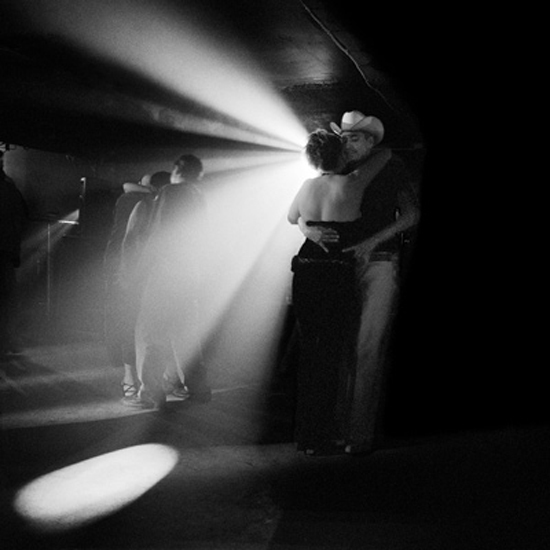
Southeast Museum of Photography 1200 W International Speedway Blvd FL32114 Daytona Beach États-Unis
Documenting a region known for its agricultural plenty, Valley of Shadows and Dreams presents, in words and images, the harsh truths of farm workers’ daily experiences, while taking a sustained look at the impact of politics, environmental and water issues, and rampant, often ill-considered residential development. Ken and Melanie Light embarked on a five-year photographic journey to examine the legacy and contradictions of agricultural plenty in the United States. These photos and stories capture scenes of hardworking people fighting to preserve their livelihoods and traditions.
BACKGROUND
California’s Central Valley runs from Sacramento almost to Los Angeles and covers an area roughly the size of Tennessee. Starting in the 1930’s it has been the home of agriculture on a massive scale and of what we now all call “agribusiness.” There are more than 80,000 farms which produce in excess $36 billion annually, which is 11.2 percent of total US farm revenue. Nearly half of the fruits, nuts, and vegetables produced in the US are grown there. This scale of farming requires two things: water, and a large labor force. In 2009, about 1.6 million migrant, mostly undocumented and seasonal farm workers planted, grew, and picked these crops. More than half of the residents live below the official poverty line. In recent years, developers have begun converting thousands of acres to residential development. Between 2000 and 2006, more than a quarter of the Central Valley’s farmland was converted to “urban use.”
“The Great Central Valley is a photographer's and writer's dream, an amazing mix of startling light and a kaleidoscope of faces and stories. When we began our exploration of the Valley, our aim was to investigate the farmlands that produce 50% of the country's fruits and vegetables. The project evolved into a study of what can only be described as a slow motion train wreck of unsustainability. Everywhere we turned during this project, people's stories pulled us in deeper, and their circumstances seemed to get more and more desperate the longer we worked. The project lasted five years, during which we witnessed the largest undocumented immigration march in Fresno history, the most massive foreclosures since the Great Depression, food lines, drought, the election of President Obama, valley boys dying as casualties of the war in Iraq, a huge citrus freeze that threw thousands of undocumented migrants out of work, and numerous other moments that Ken recorded with his camera and Melanie in her interviews, conversations and writings.
If you look behind the fantasy of the California Dream, so carefully crafted, you will see there are shadows too. The Great Central Valley has provided the dream for many, but it is deeply shadowed. We hope that this record of the land and its people will plainly show what the lack of visionary thinking on the part of our politicians and leaders has wrought. The issues are played out in the valley American style, but they are the global challenges of our generation: water, land use, population, growing economic disparity.
It has become manifestly clear that the democratic process has been abused by powerful interests that control all the basics of our lives – food, money, and housing. The trickledown effect of this – foreclosure, unemployment, and corn syrup-based diets – has gotten bad enough that it matters. Government, as a concept and in practice, has been debased. But the reason it exists, especially the democratic varieties, is to check the baser bits of human nature like the will to excessive power, exploitation, fear and greed. The struggle to maintain the balance between freedom and regulation occurs constantly and every generation must learn anew the lynchpins of that struggle and set the machine back to work for the best interests of the country as a whole.
People need to find their own voices, own this mess and then find a new balance between those in power and the rest of us. The American Dream is in our own hands. If we are to take back our future, we need good information to circulate broadly and deeply. This same story we found in the valley exists between Congress and every other industry in our country. It is both the crux of our success and our downfall.”
“Ken and Melanie Light's work puts a face on the disparities experienced by farmworkers in some of the richest agricultural areas in the world.”--Caroline Farrell, Executive Director, Center on Race, Poverty & the Environment.
